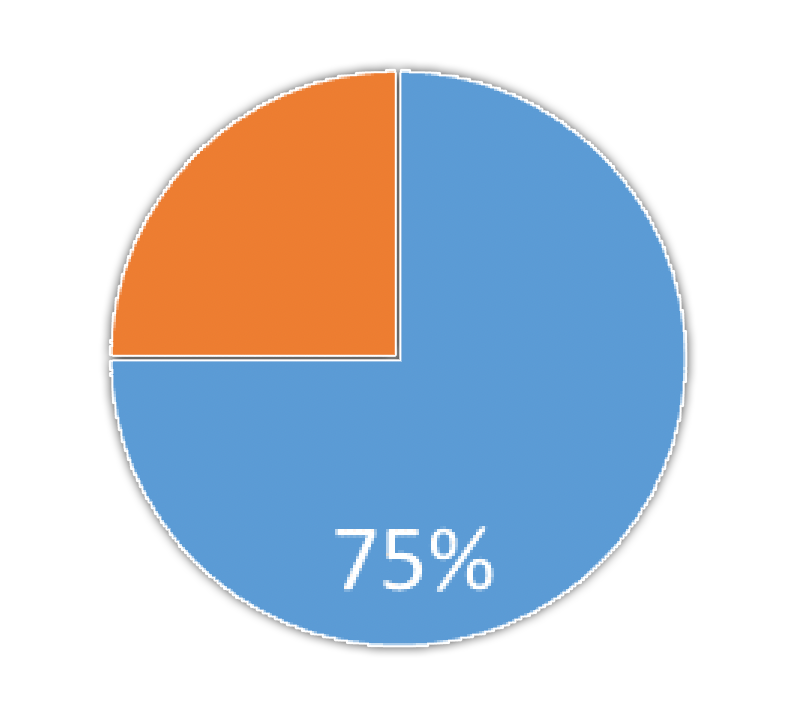WHO WE ARE
The First Street Center-Outpatient program is an outpatient substance abuse program serving adult individuals in need of substance use disorder treatment and/or mild to moderate mental health support. Individuals are referred by the County of Fresno AB 109 Probation Department. FSC-OP provides comprehensive mental health/co-occurring services and works in conjunction with the Fresno County Probation Department to fulfill agreed upon treatment goals. FSC-OP focuses on client strengths/abilities to successfully gain independence and self–sufficiency in the community.
License # 100028HN
Expiration Date: 7/31/2025
Services Available
Daily Program Rehabilitation/Support
Assessment/Treatment Planning
Individual Therapy
Educational Groups Substance Use Disorder groups (AOD/SUD)
Psychopharmalogical Treatment
Referral for inpatient substance abuse treatment if desired
Probation/Court Engagement
Program Goals To reduce psychiatric hospitalizations, to reduce incarcerations, to reduce homelessness, to increase level of community functioning, and to increase education and employment participation.
Referrals Referrals to the program are made by Fresno County Department of Probation.
Funding The program services are funded through Drug Medi-Cal, Public Safety Realignment (AB109), Mental Health Service Act (MHSA), and Medi-Cal reimbursement.
-
Adults who are currently on AB109 Probation or Pretrial are eligible for program services with a referral from their Probation or Pretrial Officer.
-
Referrals to the program are submitted by Fresno County Probation and Pretrial officers via email.
AB-109 REFERRAL PROCESS
FIRST STREET CENTER has an assessment specialist that is co-located at both the AB 109 probation and pretrial supervision offices. The assessment specialists provide screening for both Substance Use Disorder and Mental Health Issues. Persons who meet criteria for a further SUD assessment will be referred to the FIRST STREET CENTER OP clinic and those who appear to meet criteria for mild to moderate mental health issues will be referred to the FIRST STREET CENTER OP for further assessment and treatment. Those who appear to meet criteria for severe mental health issues will be referred to our FSP program, co-located on our campus. Those with Co-Occurring Disorders are enrolled in either FIRST STREET CENTER OP or FSP and may receive both SUD and Mental Health treatment on the same campus. Persons who meet criteria for a higher level of SUD treatment are referred and placed in detox and/or residential treatment. Upon completion they will return for continued outpatient or recovery services.
DISCHARGE
Upon completion of AB 109 Probation, those who continue to require FSP or ACT level of care services will have the option of continuing services under the Forensics Behavioral Health continuum of care (FBH-COC) until the individual has achieved their treatment baseline. Referrals to TP Outpatient will also be an option for individuals who meet the Outpatient level of care upon completion of their Supervision and who still require needed support.
Martha was one of our most memorable clients grew up with a friend who took her in after her family abandoned her. Sadly, this friend exposed her to years of abuse and addiction. She started abusing substances young and it eventually resulted in a lifetime of physical injuries when she was intoxicated, inability to keep a job, and nightly couch surfing for lack of a stable home. Things were at their worst when she suffered a miscarriage, the suicide of her roommate, and a felony DUI in 2020. Martha was released from custody pretrial with an ankle monitor, mandated 20 months of treatment at FSC-OP and a whole lot of anger. Her case manager Moses, worked patiently to earn her trust and gradually she earned the trust of her judge who gave her probation vs. prison time. When she tearfully thanked her case manager on the day she graduated her treatment program, he reminded her "it's who you are today, that matters." She nodded and told him she wanted to make him proud. We are all pretty proud of her.
-
Motivational Interviewing (MI) is a counseling approach designed to help people find the motivation to make a positive behavior change. This client-centered approach is particularly effective for people who have mixed feelings about changing their behavior.
Cognitive Behavioral Therapy (CBT) is a type of psychotherapeutic treatment that helps people learn how to identify and change destructive or disturbing thought patterns that have a negative influence on behavior and emotions
Psycho-Education: Psychoeducation is an evidence-based therapeutic intervention for patients and their loved ones that provides information and support to better understand and cope with illness.
Trauma-Informed Care: Trauma-Informed Care understands and considers the pervasive nature of trauma and promotes environments of healing and recovery rather than practices and services that may inadvertently re-traumatize.
Relapse Prevention: Relapse Prevention is a skills-based, cognitive-behavioral approach that requires patients and their clinicians to identify situations that place the person at greater risk for relapse – both internal experiences (e.g., positive thoughts related to substance use or negative thoughts related to sobriety that arise without effort, called “automatic thoughts”) and external cues (e.g., people that the person associates with substance use). Then, the patient and clinician work to develop strategies, including cognitive (related to thinking) and behavioral (related to action), to address those specific high-risk situations. With more effective coping, the patient develops increased confidence to handle challenging situations without alcohol and other drugs (i.e., increased self-efficacy).
Important Information:
To verify the licensing or certification status of this facility or program, or to check for any disciplinary actions, please visit the
California Department of Health Care Services (DHCS) website. https://www.dhcs.ca.gov/provgovpart/SUD-LCR/Pages/SUS-REV-NOV.aspx
CONTACT INFO
3636 N 1st St #135
Fresno, CA 93726
Hours: 8:00 AM to 5:00 PM
Phone: (559) 225-1464




